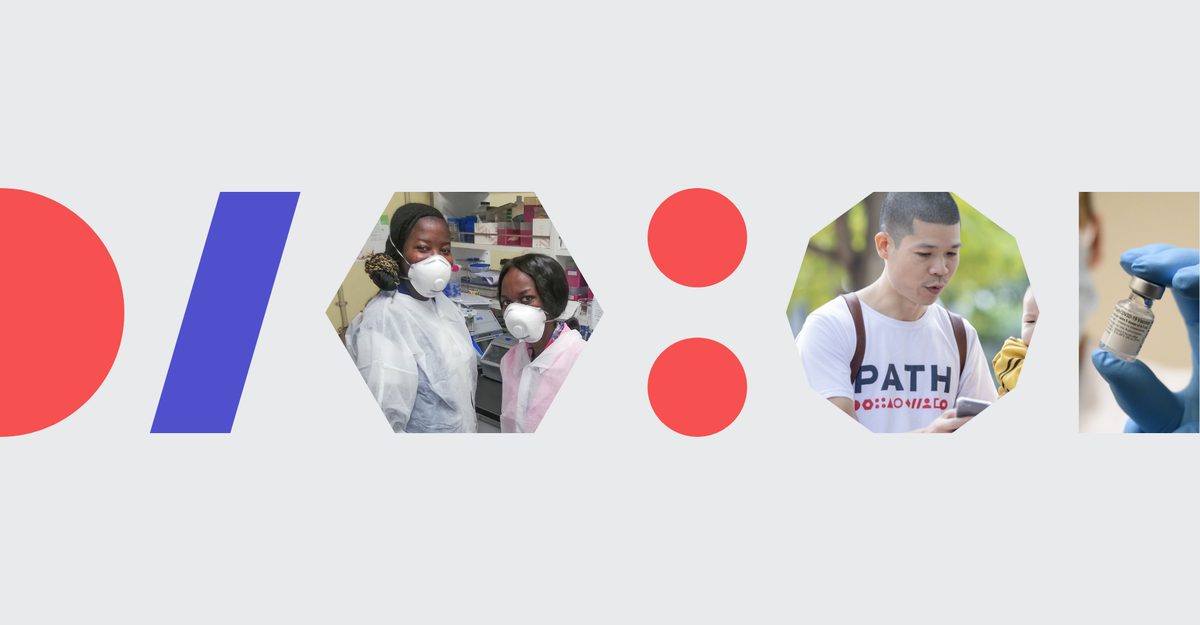
All too often, lifesaving health products are out of reach for the people who need them most. They’re either too expensive, unfit for low-resource settings, or both. Through our medical devices and health technologies program, we partner with countries and communities to create affordable health products that meet local needs.

For those of us who care deeply about global health, the turbulence of the past year is undeniable—but this is not the only story to take away from 2025. Despite the various challenges we faced, one thing became clearer than ever: the commitment of PATH staff, partners, and supporters.
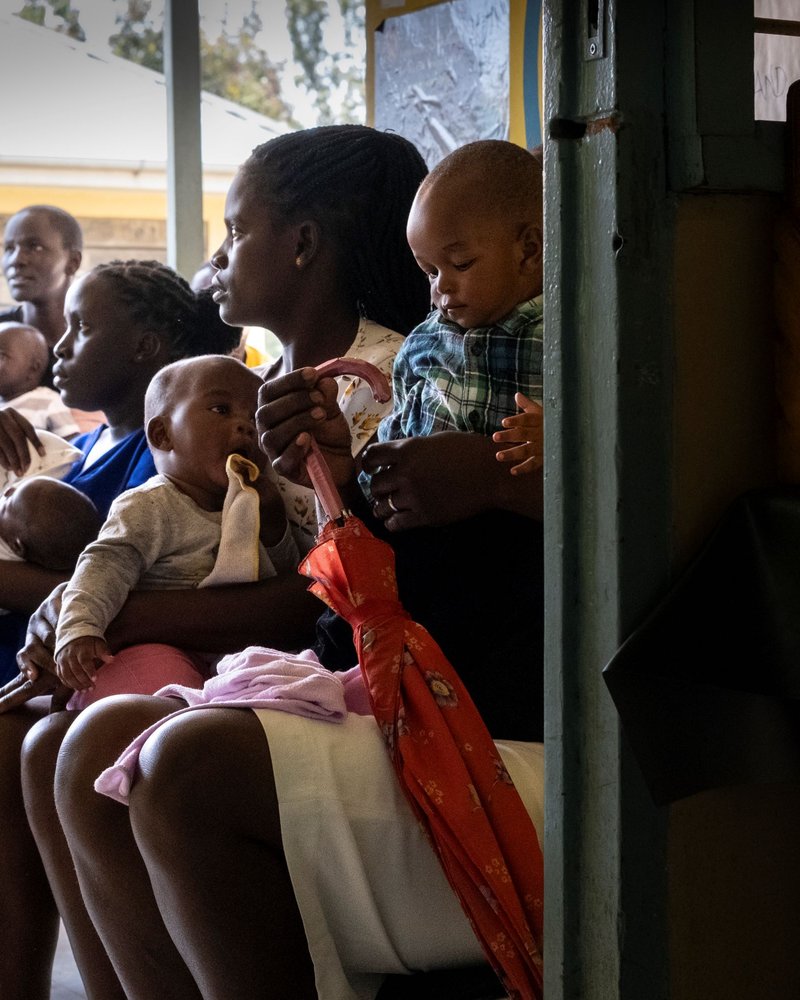
Malaria is one of the deadliest diseases of all time. Currently, 95 percent of malaria deaths worldwide occur in sub-Saharan Africa, and most of them are young children. Two vaccines now offer hope, with scale-up expected to prevent tens of thousands of child deaths every year—but rollout is a complex process.
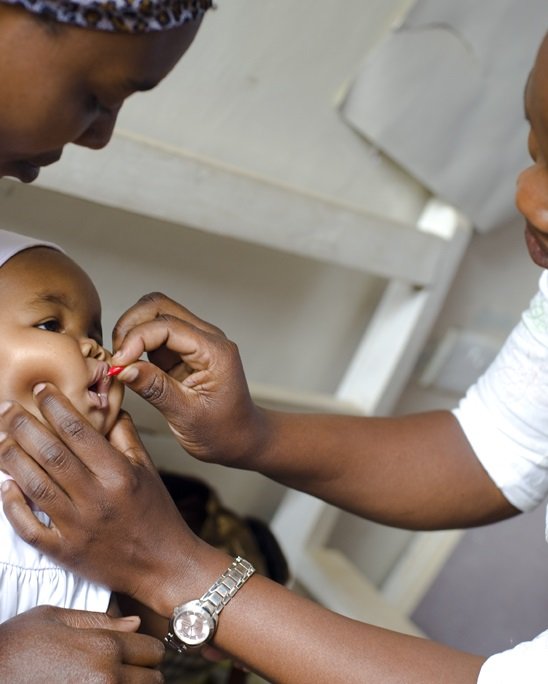
Polio is a highly infectious viral disease that can cause lifelong paralysis. Thanks to vaccines, we’ve made huge progress, but polio isn’t gone yet. With funding for this work now under pressure, it’s more important than ever to ensure all children are protected from the threat of polio.

Oxygen is an essential medicine with no substitute—a key treatment for millions of people with a wide range of conditions, from pneumonia and premature birth to chronic respiratory diseases like asthma and COPD. But it remains out of reach for too many patients.

At the 80th session of the United Nations General Assembly (UNGA) in New York, world leaders will set a new vision for the prevention and control of noncommunicable diseases (NCDs). NCDs are the leading cause of early deaths around the world, even though they are often preventable and treatable.
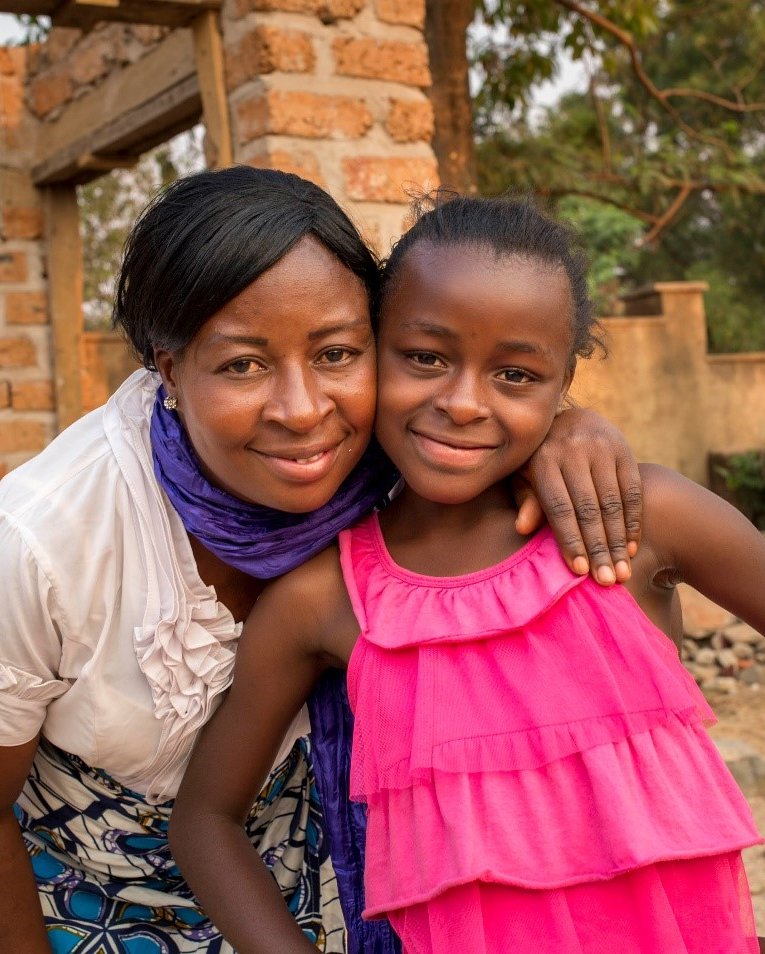
Despite significant progress over the last few decades, maternal and newborn deaths remain unacceptably high, with sub-Saharan Africa bearing the greatest burden. Most of these deaths are preventable. With collective action, political will, and high-quality care, we can rewrite the ending for millions of women and children.
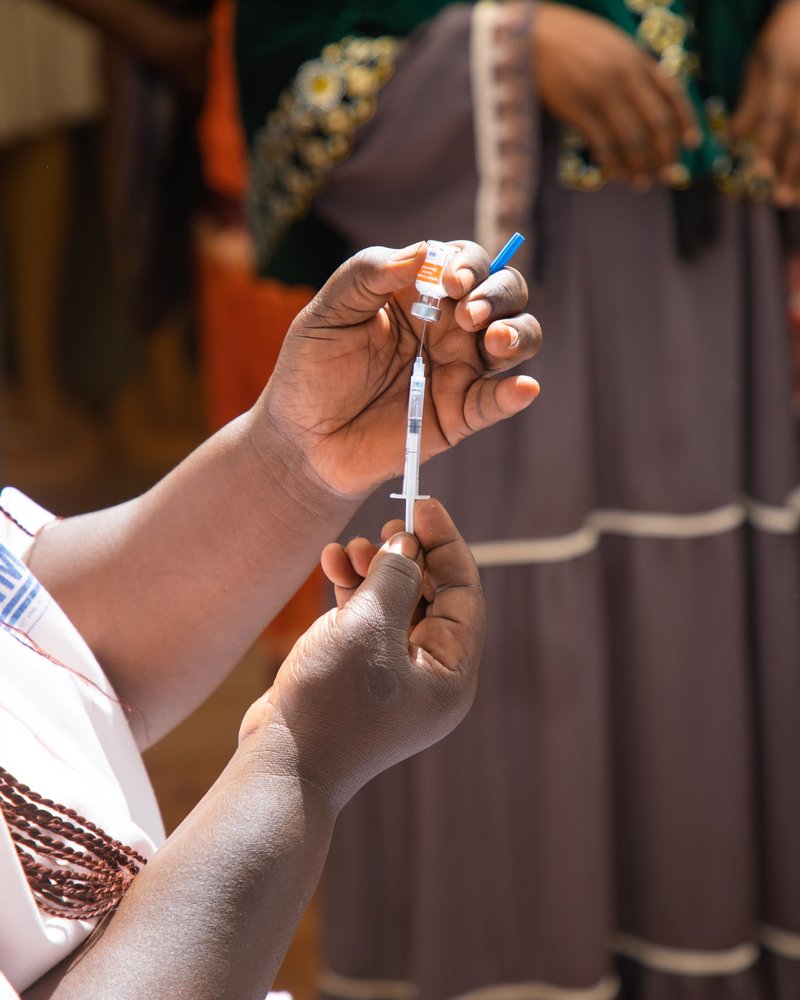
Typhoid causes more than 93,000 deaths worldwide each year. In typhoid-endemic countries, the World Health Organization recommends typhoid conjugate vaccines (TCVs) for long-lasting protection. In Kenya, PATH is helping reach more than 21 million children with TCVs during the ongoing campaign. And in Burkina Faso, we supported a TCV campaign that reached 10 million children.
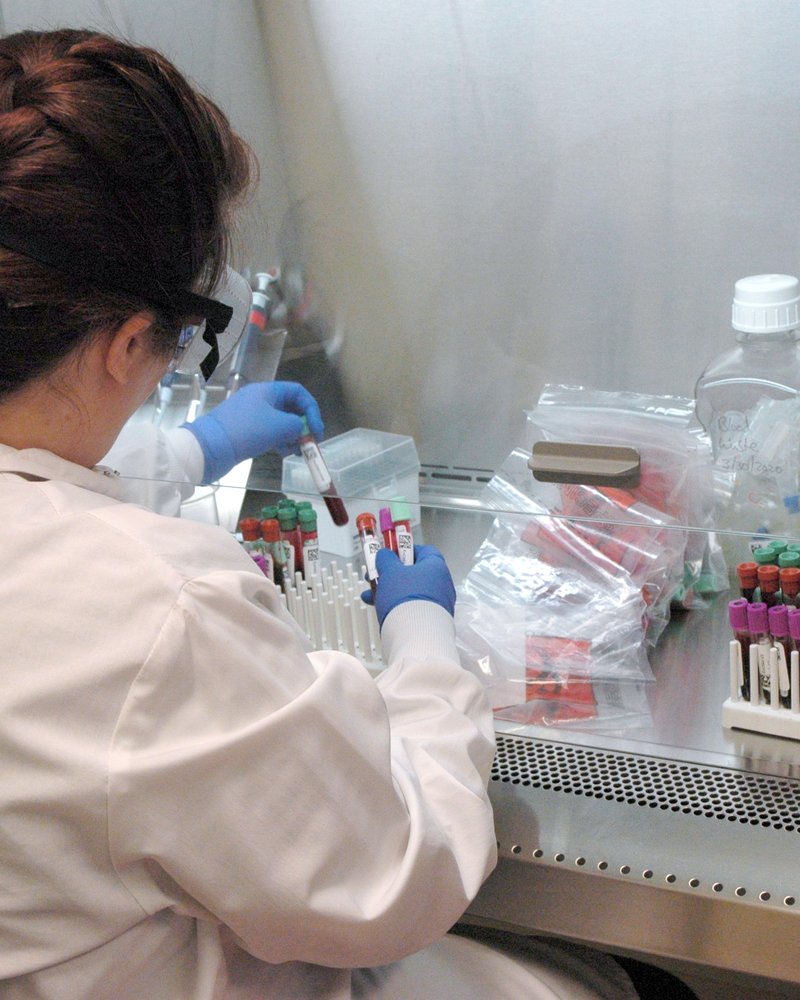
Scientists know the next pandemic is not a case of if but when. This is the driving force behind the 100 Days Mission—a plan for developing a new vaccine against a novel threat in just three months. The effort is spearheaded by the Coalition for Epidemic Preparedness Innovations (CEPI) and has been embraced by the global health community. As part of the mission, CEPI is teaming up with PATH to tackle a high-stakes challenge: reducing the time it takes to collect biological samples from survivors.
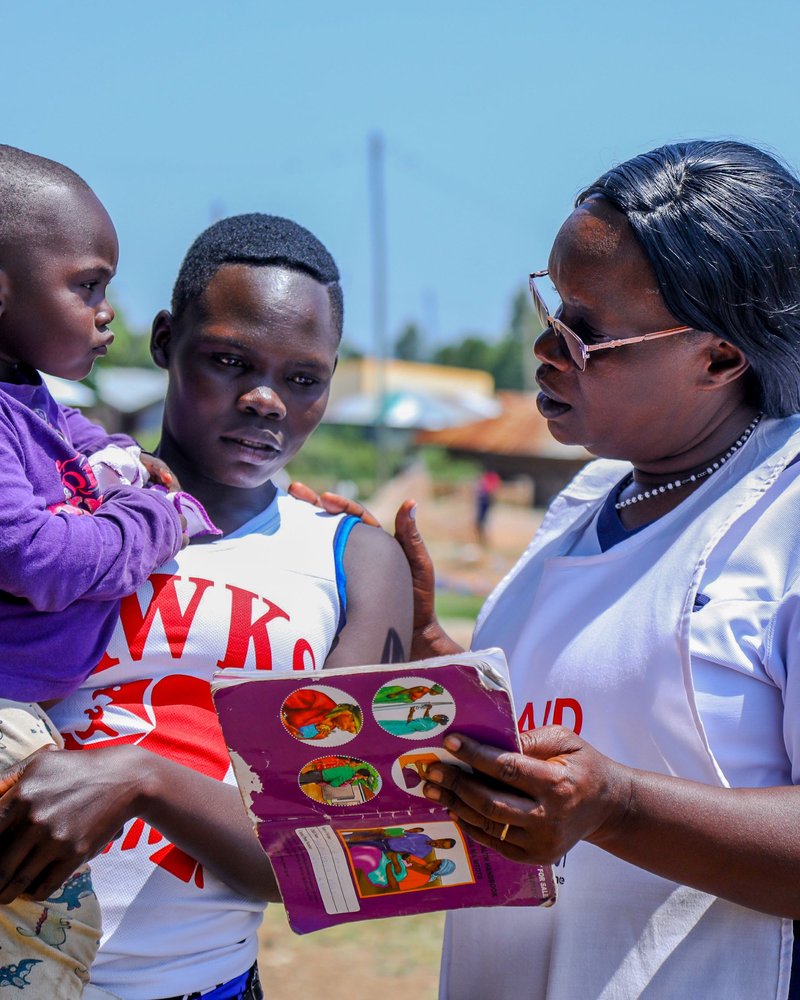
Maternal, newborn, and child health services are one of global health’s best investments. Since 2000, highly effective, low-cost solutions have helped reduce preventable maternal deaths by nearly 40 percent and child deaths by more than half. Today, as many donor countries scale back global health budgets, governments and donors are navigating tough choices. In a new series, we break down what the shifting financial landscape could mean for mothers and children.
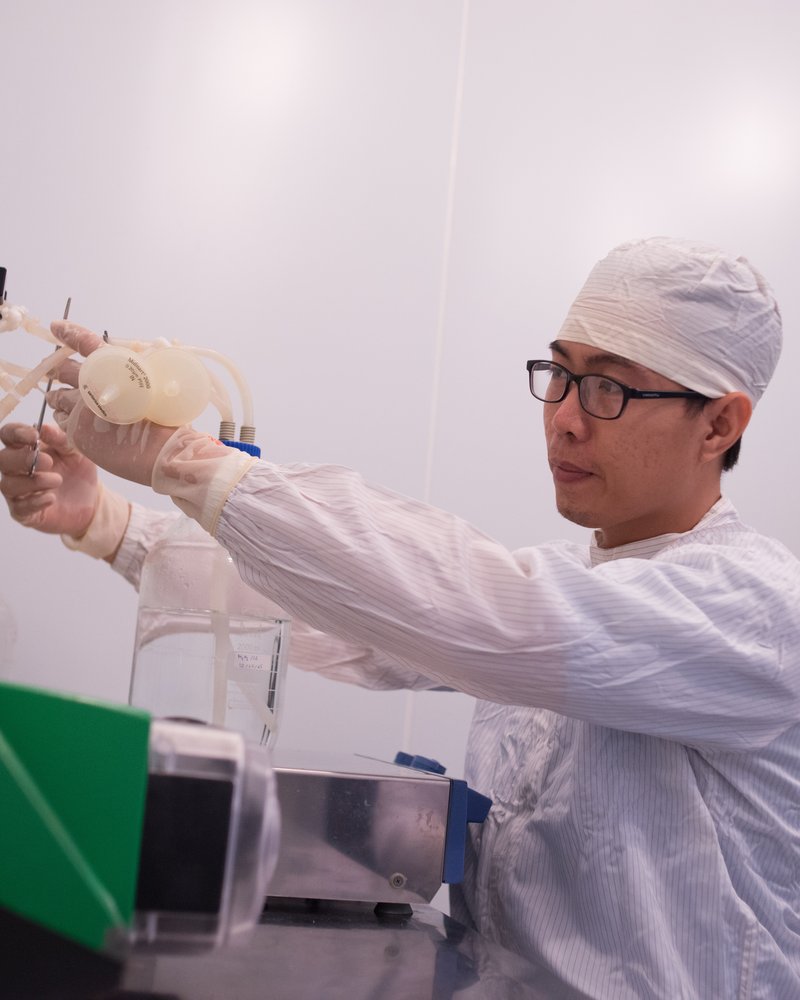
Can artificial intelligence help health workers deliver better care? This month, PATH and partners launched a groundbreaking clinical trial in Nairobi, Kenya, to evaluate whether AI can improve patient outcomes, reduce misdiagnoses, and enhance clinician workflows in real-world health care settings.
